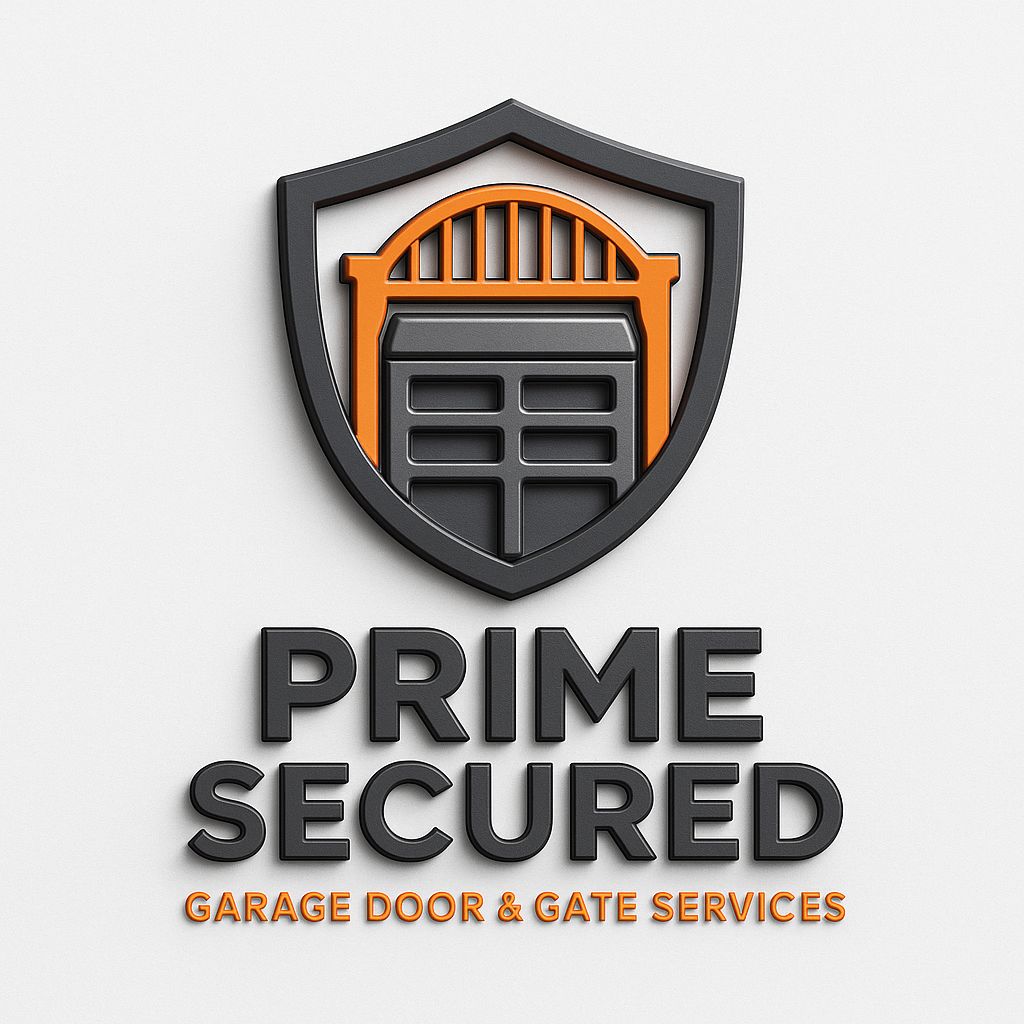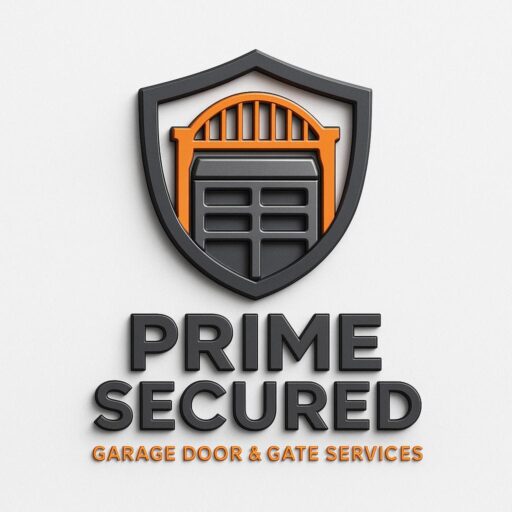A commercial garage door is a crucial element of your business’s daily operations. When it stops functioning properly, it can lead to serious disruptions, delays, and safety risks. Timely repairs are vital to maintain optimal performance. Here, we explore five warning signs that indicate your commercial garage door may need immediate attention.
Introduction: Why Your Garage Door’s Health Matters
A malfunctioning garage door isn’t just inconvenient—it can jeopardize your business’s efficiency, security, and even employee safety. Garage doors often endure heavy daily use, making regular maintenance essential. If you notice any of these warning signs, it’s critical to address them immediately to prevent costly repairs down the road.
1. Unusual Noises: A Clear Sign of Trouble
One of the first signs that your garage door may need repair is strange or loud noises. These can signal various mechanical issues that should not be ignored.
Types of Noises That Indicate Problems
- Grinding: A grinding noise could indicate that the rollers are damaged or the tracks are misaligned.
- Rattling or Clanking: This could be caused by loose hardware, broken springs, or worn-out rollers.
- Squeaking or Screeching: Often, this is a sign that the door’s parts need lubrication.
How to Address Noise Issues Immediately
If your garage door is making unusual noises, it’s crucial to get it inspected by a professional to identify the root cause and resolve the issue before it worsens.
2. Slow or Irregular Movement: Malfunctioning Mechanisms
A commercial garage door that moves slowly or irregularly can significantly affect your business operations.
Common Causes of Slow or Irregular Movements
- Damaged Tracks: A bent or misaligned track can cause the door to move slowly.
- Worn-out Springs: Over time, springs may lose their tension, leading to sluggish movement.
- Faulty Opener: Issues with the garage door opener’s mechanics or power source may cause inconsistency.
How to Diagnose and Fix Movement Problems
If your garage door is sluggish, call a technician to check the opener, tracks, and springs. Regular lubrication and maintenance can often help avoid this problem.
3. Visible Damage or Dents in Your Garage Door
If you notice visible damage, such as dents, cracks, or bent panels, it’s essential to assess the impact on the door’s functionality.
Types of Damage That Require Immediate Attention
- Dents: Large dents can interfere with the door’s ability to open or close properly.
- Cracks: Cracks can compromise the structure and security of your garage door.
The Impact of Damage on Garage Door Performance
Any damage to the garage door can lead to performance issues, such as difficulty opening, closing, or even exposing your business to security risks. Immediate repair is key to maintaining smooth operation.
4. Broken Springs and Cables: A Dangerous Issue
Garage door springs and cables are under immense tension, and when they break, they can create significant hazards.
How to Identify Broken Springs and Cables
- Visible Gaps in Springs: If you see a gap in one or both of the springs, it’s a clear sign they need replacement.
- Slacked or Snapped Cables: Broken cables may prevent the door from lifting properly.
The Dangers of Ignoring These Problems
Broken springs and cables can prevent the door from functioning entirely and can even cause the door to fall unexpectedly. For safety reasons, these repairs should never be delayed.
5. Door Doesn’t Open or Close Properly
If your garage door is unresponsive or has trouble opening and closing, there could be several causes.
Common Reasons for a Non-Responsive Garage Door
- Faulty Remote or Sensor Issues: Sometimes, the problem is as simple as a malfunctioning remote or sensor.
- Worn-out Springs or Opener Problems: These could also be contributing to the door’s inability to function correctly.
Immediate Steps to Take if Your Garage Door Won’t Open/Close
If you’re dealing with a non-functional door, begin by checking for simple issues like a dead battery or blocked sensor. For more complex problems, contact a professional technician immediately.
How Often Should You Have Your Garage Door Serviced?
Routine maintenance is essential to ensure your garage door remains in optimal condition. It’s recommended that commercial garage doors be serviced at least once a year.
Recommended Maintenance Schedule for Commercial Garage Doors
- Bi-annual Inspections: Schedule inspections every six months to catch potential issues early.
- Lubrication: Regular lubrication of the moving parts can prevent wear and tear.
- Component Tightening: Tighten any loose hardware to avoid malfunctions.
Conclusion: Don’t Wait! Ensure Your Garage Door’s Safety and Functionality
Your commercial garage door plays a pivotal role in your business’s security and operation. Neglecting repairs can lead to greater expenses, delays, and safety risks. If you notice any of the warning signs mentioned above, don’t hesitate—contact a professional to ensure the longevity and functionality of your garage door.
Commercial Garage Door Repair: Frequently Asked QuestionsFAQs
1. How Do I Know if My Garage Door Needs Repair?
If you notice strange noises, slow movements, or visible damage, your garage door likely needs repair.
2. Can I Fix My Garage Door on My Own?
While minor issues like cleaning and lubrication can be DIY, repairs involving springs or cables should always be handled by a professional for safety reasons.
3. How Much Does It Cost to Repair a Commercial Garage Door?
Costs vary depending on the issue, but typical repairs range from $150 to $500 or more, depending on the severity.
4. What Are the Most Common Causes of Garage Door Malfunctions?
Common causes include worn-out springs, misaligned tracks, and damaged openers.
5. How Long Should a Commercial Garage Door Last?
With proper maintenance, a commercial garage door can last 15-30 years.
6. How Can I Prevent Garage Door Issues in the Future?
Regular inspections, lubrication, and timely repairs will extend the lifespan and reliability of your commercial garage door.





